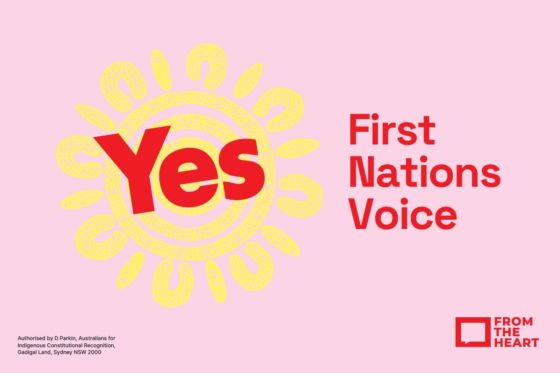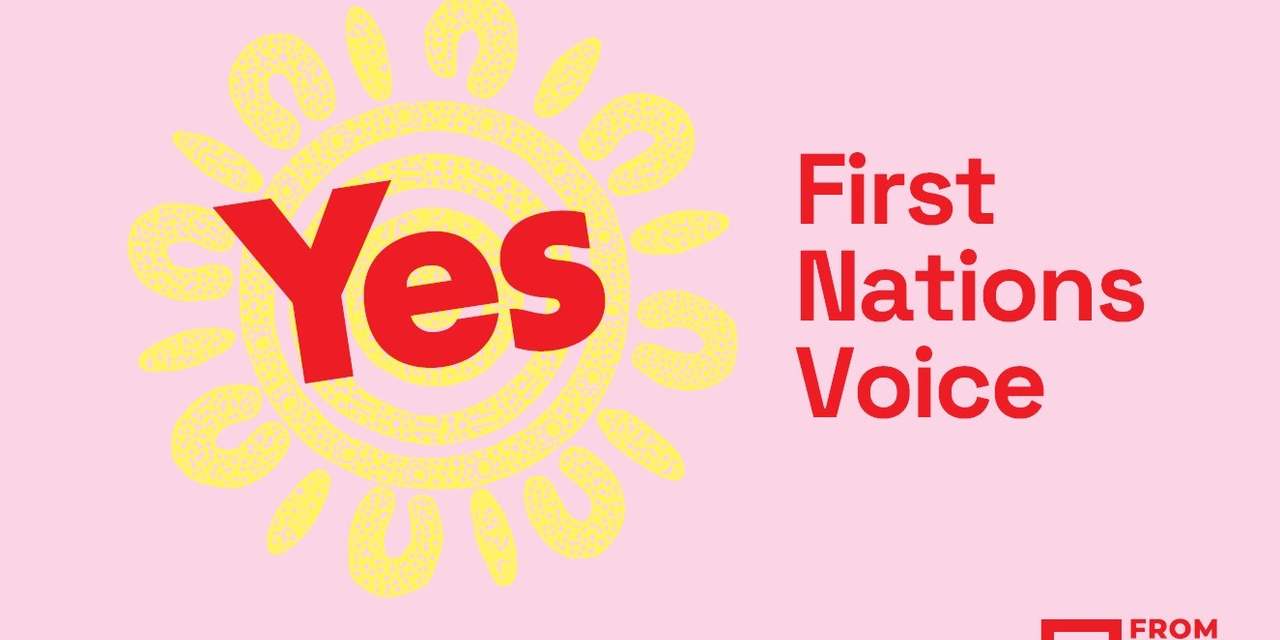
Twenty years ago, during my first visit to an Aboriginal community for Centrecare, I saw a man enter a tuck shop, buy some food and go and sit under a tree. While this is not unusual, it struck me how aimless he seemed, and I asked the local health nurse what the rate of depression was in the community. She gave me a figure that shocked me, ‘at least 90% of the community was experiencing high levels of distress’ she said.
Her words brought home to me the enormous pain suffered in silence by Aboriginal people. A people left to live with little support and largely powerless to create the conditions for a meaningful and purposeful life.
Amongst the poverty, the lack of amenities and the dilapidated housing in that remote community 20 years ago, that visit has stayed with me and continues to remind me of the daily distress faced by Aboriginal people and the division that exists in our nation.
And so, once again our community finds itself divided on an issue that has the capacity to unite all Australians in a deeply unique way. Beyond the demarcation of the Yes and No camps lies the wonderful and generous possibility of taking an important step towards an increasingly reconciled Australia.
As a community we can no longer close our eyes to the distress of the First Nations people of this Land. We can’t deny that most of their difficulties have their roots in the dispossession of both their land and culture. The high rates of incarceration, the elevated levels of poverty and poor health outcomes for Aboriginal people have their genesis in our disregard of them and their way of life. Over my many years as Director of Centrecare, I have seen this dispossession play its part in disempowering our First Nations people. Many of us find this an uncomfortable truth but one that needs to be acknowledged and accepted if we are to have a nation healed and united in mutual respect.
Millenia of Aboriginal possession of this Land can’t be erased by the events of the last 235 years. The sacredness of First Nations’ connection to “mother nature” has a depth of meaning that few of us from other cultures understand. For too long, we have deconstructed this connection, like a flower, we have scattered the pieces all over this country, petals separate from the stem, so it is no longer a whole beautiful thing. Their deep love for country adds to our nationhood and is not a threat to it. It is wonderful, it is generous and if we let, it can flourish inside all of us. We would all gain to see it more fully expressed in our national discourse and experience with a Voice.
Beyond its legal status, our Constitution is an expression of who we are and what we value. Given their history and experiences, the call from First Nations people for greater engagement and recognition in the affairs of our country is right and reasonable. Their recognition in our Constitution is essential if it is to more accurately reflect our national identity.
Enshrining the proposed Voice in the Constitution is a necessary, first step to recognising the special relationship that First Nations people have with this Land and their connection to it. It is essential to providing a modicum of power to a people that have been unjustly disempowered. Giving permanent voice to those who have been unfairly made voiceless is just and right.
Establishing the Voice has a value far beyond the machinations of government. It has the potential to bring us closer together and help right the many wrongs that First Nations people have endured. To see the Voice purely in pragmatic terms by focusing on who, what and where is to underplay and misunderstand its spiritual significance and healing power.
For too long we have remained apart and imprisoned in a view of “the other” based on misplaced arrogance and fear. Accepting the call from First Nations peoples for rightful, constitutional recognition is an opportunity to break new ground. It can lead us beyond rejection and exclusion to mutual acceptance and respect. These are preconditions to reconciliation. They are also fundamental to the recognition of our common humanity.
To deny Aboriginal and Torres Strait Islander peoples the right to be present and involved in affairs that relate to their wellbeing will confirm their historical subjugation. Once again, their call for recognition will be dismissed and their special place in the Australian story ignored. Such denial reinforces our divisions and exacerbates resentment. It has the power to create substantial harm not just to those that have worked hard to have their voices heard but also to future generations left with little hope for change.
A “yes” to First Nations peoples’ call for the Voice will begin to undo the shackles of colonisation. It will initiate the journey to righting the many wrongs perpetrated towards them. It will provide First Peoples with a sense of hope and the possibility of a better future for their families. Responding positively will move us away from distrust and contempt towards mutual regard and respect. It will help us heal our historical wounds and take an important step to making our nation whole.
Adj. Prof. Tony Pietropiccolo AM
Director

